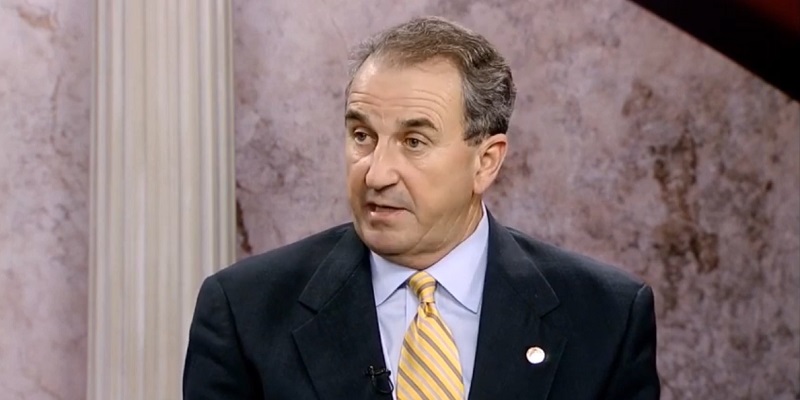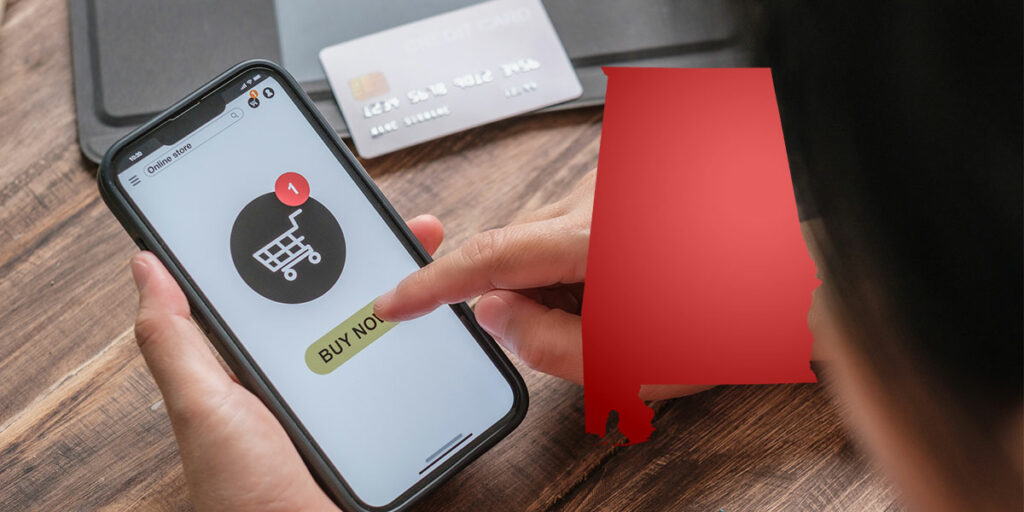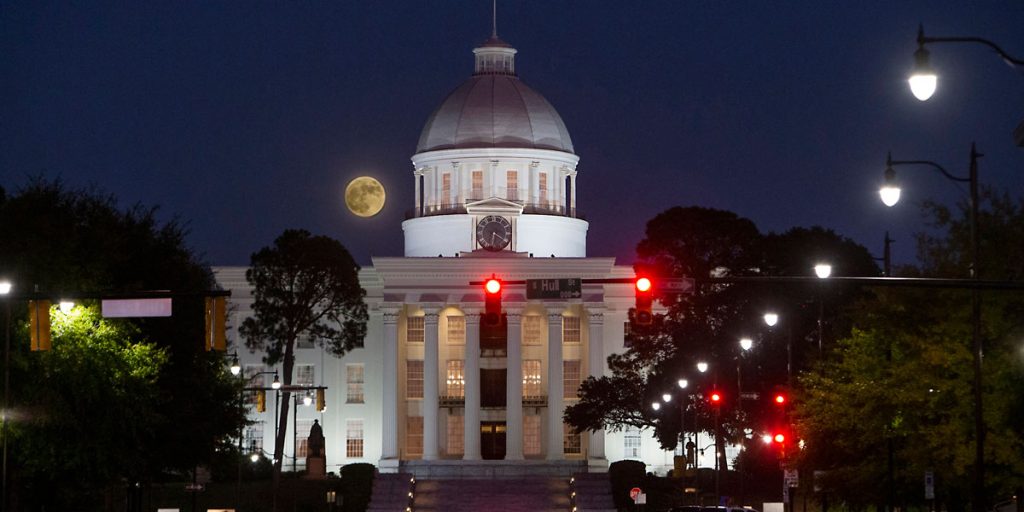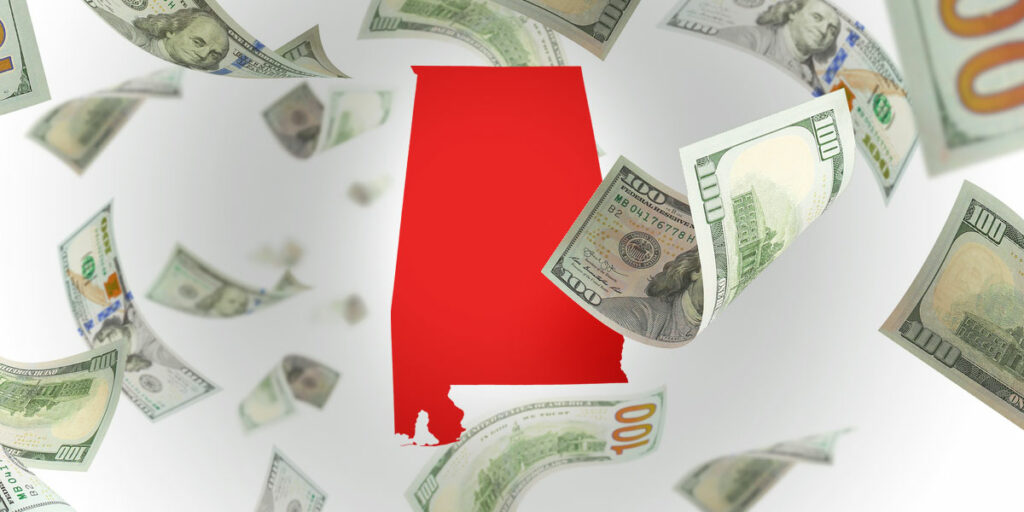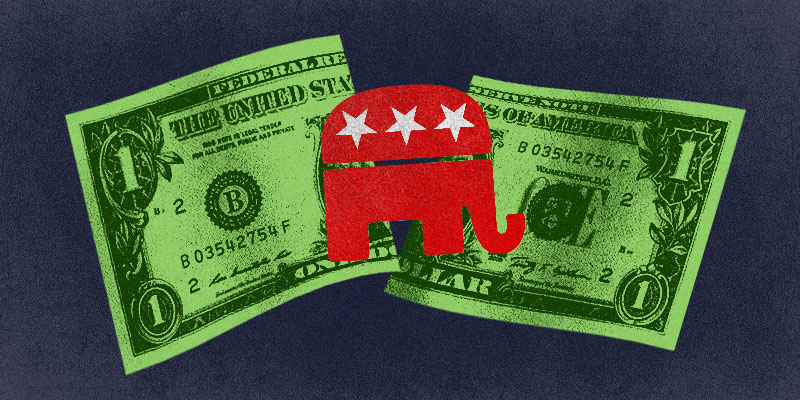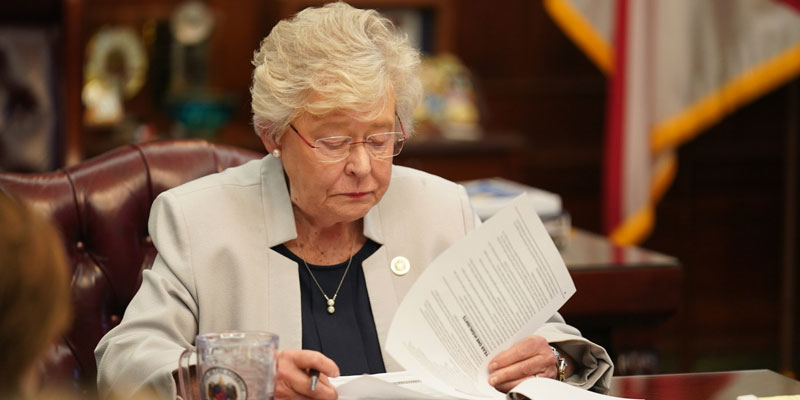Earlier this month, State Sen. Clyde Chambliss (R-Prattville) raised a few eyebrows when he said the legislature would take a look at eliminating the state’s sales tax on groceries in the upcoming session.
Alabama, along with Mississippi and South Dakota, are the only states to levy the full sales tax on groceries as it does on other goods. In Alabama, it is 4%, and when combined with other local sales taxes, the amount can be up to 11% in some parts of the state.
However, State Rep. Steve Clouse (R-Ozark), the chairman of the House Ways and Means General Fund Budget Committee, explained Monday such an effort would come with challenges. Lawmakers would have to determine how to make up $400 million in lost revenue that goes to the state’s education budget.
“I would think to make that up, the two big funding sources for the education budget are property taxes and income taxes,” Clouse told Huntsville WVNN’s “The Jeff Poor Show.” “I would think you have to adjust those somewhat to make up the difference on taking away the 4% state tax on groceries. Now, of course, both of those are constitutional amendments. So they would have to be voted on by the people. And I’m not sure how well that would fare at the ballot box.”
Revenue sources, according to Clouse, could be property and income taxes. But as has been the case in the past, Alabamians have been reluctant to vote to raise property taxes, which is a requirement of the Alabama constitution.
“I wouldn’t think so at this time,” he said when asked if he thought voters would go along with an effort to raise property taxes.
The Dale County Republican also noted there were some “misconceptions” when it comes to the regressive nature of the state’s portion of sales tax on groceries.
“I think there’s a lot of misconceptions on it,” Clouse explained. “You know, there’s always the argument of helping the poorest of the poor, and you certainly want to do that. But most of that constituency is on food stamps. You don’t pay sales tax on food stamps. It certainly would others — lower-income and middle-class, from that standpoint. But I think there’s a misconception out there thinking it’s the whole sales tax when really it is just the 4% state tax. And cities and counties have got at least another 5%, some 6%, combined. People are still going to have to pay.”
“And I think there would be some frustration on that level, and then pressure on cities and counties to take their’s off,” he continued. “They’re not going to have anywhere to replace that money with. So, you’ll see municipalities and counties — they’re going to be opposed to the state doing it because they don’t want to have to do it. And then, you’d have — if we did it on the state level, you would probably have some cities in particular that would probably try to take advantage of that since groceries would be down 4% and they would try to raise theirs a penny since people were not having to pay that 4% on groceries anymore — try to make up some more money. So I think there’s a lot of pitfalls in the whole argument of it, you know.”
Clouse also reminded listeners that a repeal of a tax on groceries is not one that includes all food but only unprocessed food from grocery stores.
“There’s a misconception on it, too, think that it’s all food,” Clouse added. “I’ve had a lot of folks ask me if we do that, they would save sales tax when they go out to a restaurant,” he added. “It doesn’t include restaurant food. It’s just unprocessed food at grocery stores.”
@Jeff_Poor is a graduate of Auburn University, the editor of Breitbart TV and host of “The Jeff Poor Show” from 2-5 p.m. on WVNN in Huntsville.




